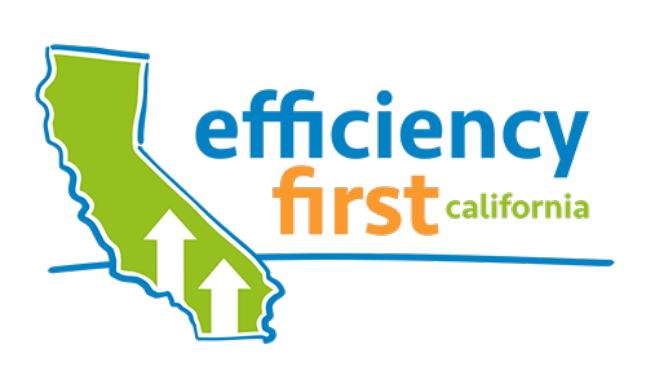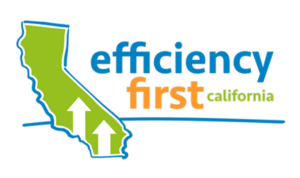Electricity generated from renewables continues to grow. On April 21, 2021, renewable generation reached a peak output of 94.5 percent. There was a great deal of excitement over this achievement, as many thought it would take decades to achieve this level of carbon-free generation.The event also solidified the case for electrification.
On April 3, 2022, the previous record was broken. The California Independent System Operator (CAISO) reported a new all-time high for renewables. For a brief period, the electrical generation from renewables reached 97 percent of the electrical generation on the grid. In addition, peak generation levels by technology broke records this year. Solar production peaked at (13,628 Mega Watts), and wind generation hit an all-time high of 6,265 MWs.
We have been reporting on the transition to electricity as the primary energy source of the future. These milestones, which only occur for brief periods today, reinforce the potential for a future based on energy generation from renewables. Clean, carbon-free energy is quickly becoming a viable reality.
The handwriting is on the wall. It’s time to modify your business model to embrace an all-electric future or be left on the sidelines.
New Homes All Electric by 2026?
In 2008 regulations were created requiring the California Air Resources Board (CARB) to address how it intends to meet the state’s climate goals. CARB is currently reviewing a “scoping plan” that will require new homes to be all-electric by 2026. Starting with the residential sector first makes sense, with the end goal of eliminating fossil fuel use in buildings.
Like many other organizations, CARB recognizes that we will never meet the state’s aggressive greenhouse gas reduction goals of being “carbon neutral by 2045” if we continue to rely on fossil fuels for heating loads in buildings.
On May 11, 2022, CARB released its latest draft scoping plan, which includes incremental regulations requiring all-electric appliances in residential new construction by 2026. The draft plan proposed by CARB staff is subject to a 45-day public comment period and is not final at this time.
If you like more information on the CARBs draft plan, please check out their website, which has detailed information on the draft current scoping plan and links to other resources.
Get Our Monthly Advocacy Update – Sign Up For Our Newsletter


